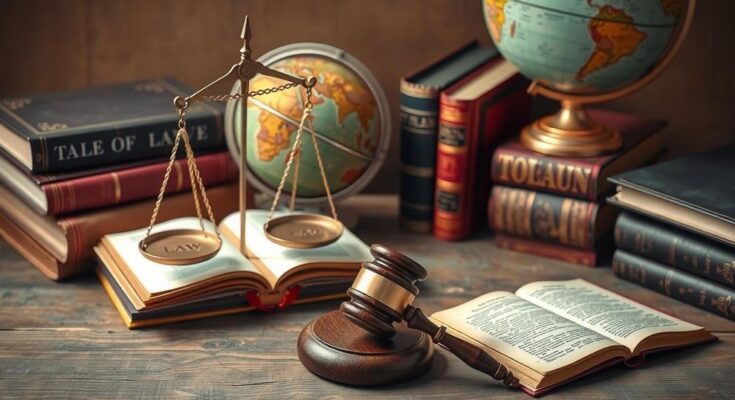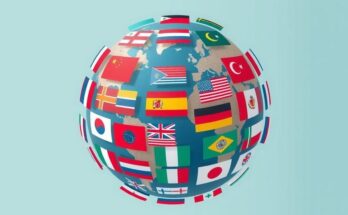The Rule of Law Centre is aiding Uzbekistan in its reform process initiated since 2016. A new constitution was adopted in May 2023 to modernize governance, yet concerns about autocratic tendencies and lack of democratic processes persist. Improvements in rule of law have been recognized, though challenges in civil society and media freedom remain urgent. Collaboration with local institutions continues to drive gradual reform efforts.
The Rule of Law Centre has been engaged in Uzbekistan for nearly two years, collaborating with various institutions, including Tashkent University and the Anti-Corruption Agency. Their goal is to assist Uzbekistan during a significant reform process initiated in 2016. In 2024, the Centre organized 14 Rule of Law Clinics in Helsinki and Tashkent, involving numerous experts in areas such as criminal law and anti-corruption efforts.
Daren Acemoglu and James Robinson’s seminal work, “Why Nations Fail?”, was translated into Uzbek in 2021. The book argues that the nature of a nation’s institutions is fundamental to its economic and political success. During my visit to Uzbekistan in March 2023, I encountered individuals who suggested that the principles in the book should be adopted by public servants and policymakers as a guiding framework.
Since the passing of President Islam Karimov in 2016, President Shavkat Mirziyoyev has undertaken several reforms aimed at modernization and market improvements. Under his leadership, there has been a relaxation of citizen monitoring, although the political climate remains largely autocratic. In December 2022, Mirziyoyev characterized the governance as “manual control”, indicating a concentration of power instead of a reliance on legal frameworks.
In response to these challenges, a new constitution was adopted on May 1, 2023, signifying a new era for Uzbekistan. This constitution aims to create a democratic society based on rule of law and social justice. However, the absence of direct electoral processes for regional governors raises significant concerns about democratic representation. Protests in Karakalpakstan, sparked by the initial draft of the constitution, reflect emerging tensions regarding regional sovereignty.
The new constitution includes 155 articles and emphasizes human and civil rights. However, its weaknesses—such as the political centralization and extended presidential privileges—have led to apprehension regarding the consolidation of power. Mirziyoyev has been granted the opportunity to remain in office until 2040, with presidential terms now lasting seven years.
Despite these concerns, international organizations have acknowledged gradual improvements in Uzbekistan’s rule of law, with notable strides evident in the World Justice Project’s Rule of Law Index. The country received a score of 0.49 in 2024, ranking 83rd globally. In specific areas, Uzbekistan excels in order and security yet scores lower in government constraints, underlying its Soviet legacy’s impact.
While constitutional provisions guarantee democratic freedoms, challenges remain in translating these guarantees into reality. The treatment of journalists and the lack of genuine political choices undermine the principles of democracy and a free civil society. The government must focus on addressing these issues to cultivate a true rule of law.
The Rule of Law Centre remains committed to contributing to Uzbekistan’s reform journey by offering expertise and fostering collaboration with local partners. Through workshops and clinics, they seek to enhance understanding and implementation of rule of law principles. This collaborative endeavor, focusing on gradual change led by motivated local actors, indicates a promising trajectory toward stability and inclusion for Uzbekistan’s citizens.
Uzbekistan is navigating a transformative period marked by a new constitution and ongoing governmental reforms aimed at enhancing rule of law. While progress is noted, challenges remain, particularly concerning electoral democracy and civil society. The Rule of Law Centre’s collaboration with local institutions aims to nurture these reforms, ultimately aspiring for a more prosperous and inclusive society. Continuous efforts geared toward truly democratizing the political landscape are essential for the nation’s evolution.
Original Source: www.helsinki.fi




